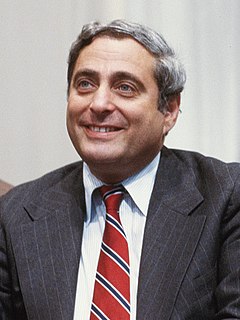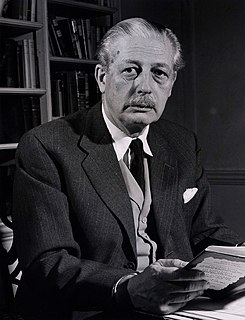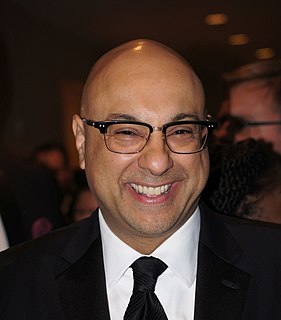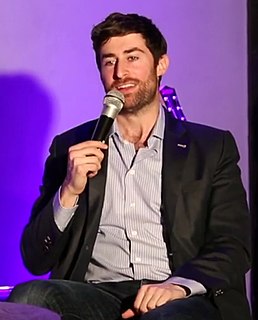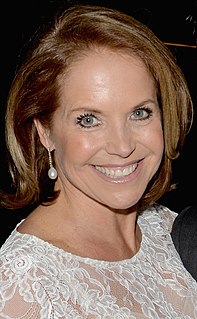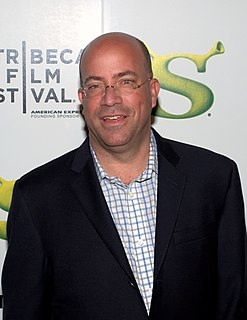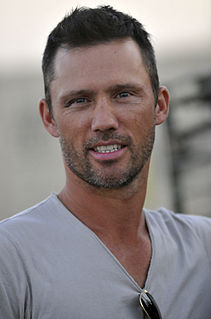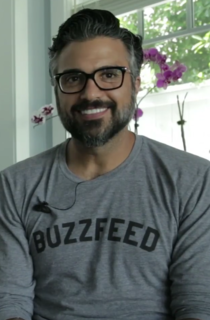A Quote by Fred Silverman
There seems to be a vulnerability at the networks in late night. They are losing more and more audience, particularly young viewers who are now looking at cable television. 'Tonight' is an old show. CBS has reruns, and having a public affairs series like 'Nightline' on ABC is a big mistake.
Related Quotes
I think its going to be continually tougher on the big networks as more cable channels do really interesting television. The big networks have a choice to make: Do we try to be all things to all people and get the shows that will deliver 20 million viewers a week? Are we the McDonald's of television? Or are we going to try to be more specific?
In 1980s, I discovered 'Late Night with David Letterman.' It was on one of the 13 cable TV channels. They didn't have 25 late night talk show hosts trying to be the most outrageous. There was the likeable television genius Johnny Carson and his mad-genius counterpart Dave. There was nothing else crazy on TV every night, and there was no Internet.
The weakness of cable news is that it chases its audience around. Your audience wants fast-paced, popular news. It needs real news. Cable news changes its stripes based on audience reaction. Viewers are reacting well to breaking news? You probably do more breaking news than you need to. The struggle is building something so that people will come to you, as opposed to constantly changing what you are because you're unsure of where the audience is.
Retaining 'Monday Night Football' simply did not make smart financial sense for ABC. We could not reconcile the fees against the revenue. We love football at ABC. It's been a love affair for 36 years. It will go down in the history of sports television, being created on ABC and with this magnificent run. But at this point, given the success we're having with our entertainment product and the financials, we deemed that this was the proper move for us. We're not looking back .
I did, of course, eventually find my way into television, taking all kinds of jobs, climbing the ranks rung by rung. Anyway, it was several years later, when I was working nationally in Hollywood as the announcer and second banana on ABC-TV's late-night entry, 'The Joey Bishop Show,' that I had my big moment.
I think that, especially with cable, it's an avenue to be creative. I think why people are drawn more now to cable shows than ever is that they take more risks, they're creatively pushing the envelope. I think that the networks have to answer to a bigger advertising calling, whereas the smaller cables have lower ceilings that they can bump their heads on.
